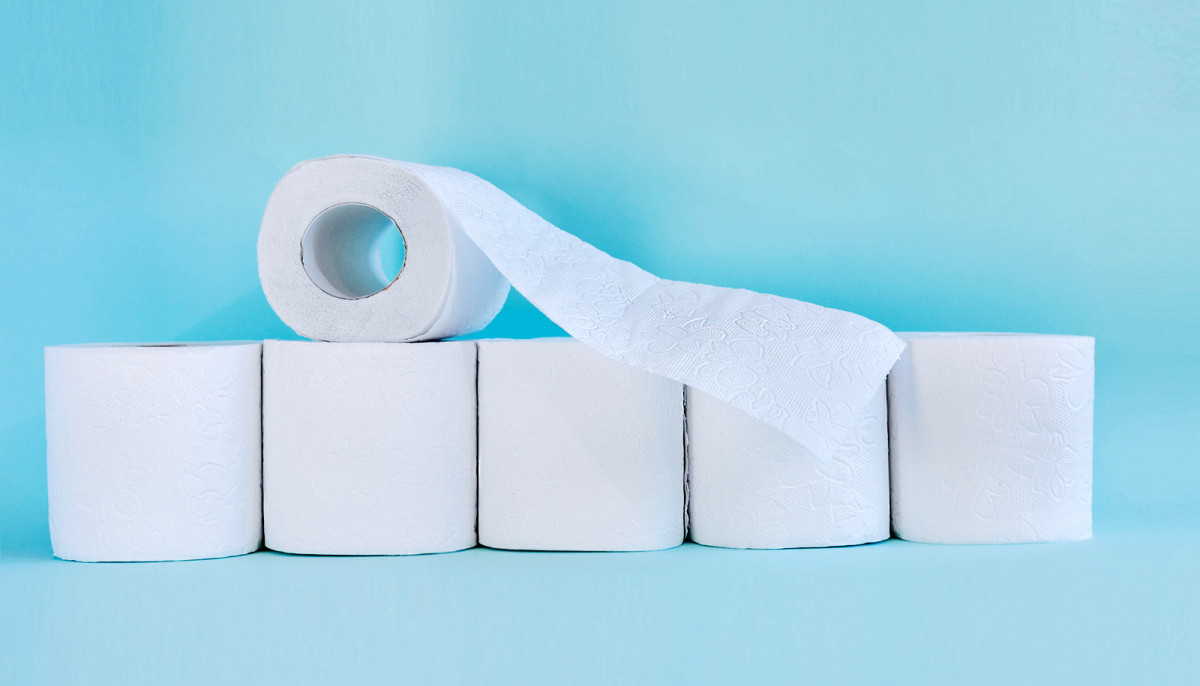Antibiotics are important for keeping our bodies healthy. However, they may also stay in your system for a longer time than you’d expect. This is because they can interact with other drugs in your system and can form a “drug-drug interaction.” This can lead to serious side effects, including infection and even death. To avoid these risks, it’s important to know how long antibiotics will stay in your system after you take them.

You may have heard that taking antibiotics can help you stay healthy. But what about the long term effects? Are antibiotics always effective in treating infections? Do they work in all cases? And are they safe to take over the long term?
When you take antibiotics, your body may release a hormone called gut-bacteria interaction. This hormone helps the gut bacteria to survive and reproduce. It can also cause the antibiotic to stay in your system for a longer time. Your body may also release other factors that can make it harder for the gut bacteria to survive or reproduce.
You may have heard that taking antibiotics can help you heal faster and avoid getting sick in the future. But what do you know about how long they stay in your system? And what are the consequences of taking too many antibiotics?
How Long Do Antibiotics Stay in Your System.
Antibiotics are often prescribed for various medical reasons. However, many people don’t realize that they can stay in your system for a long time after taking them. This is because they are taken orally, which means that they are absorbed quickly into the bloodstream. This makes it difficult to get rid of them completely. To make sure that you delete all of the antibiotics from your system as soon as possible, follow these simple tips.
1. Remove the antibiotics from your food and drink.

The most obvious method is to make sure that you remove the antibiotics from your food and drink. Once you have removed them, you can flush them out of your system by taking a high-quality probiotic supplement or feeding your pets with good quality raw or homemade foods.
2. Take a Shower Andrinse

Consuming antibiotics can cause you to excrete them in your urine. If you’re not used to taking them, this can result in your body producing extra urine. To avoid this problem, take a shower as soon as possible after consuming antibiotic-containing products. This will ensure that you have eliminated all of the antibiotics from your system and they won’t come back up.
3. Drink plenty of water

Many people assume that drinking lots of water is the same as consuming lots of calories. This is not true. Water has many benefits, including helping to flush out toxins and making you feel fuller longer. To make sure that you’re getting enough water, drink at least eight glasses a day. If you don’t drink enough water, it’s easy to become dehydrated, which can lead to fatigue and other health problems.
4. Floss Regularly
You know how important it is to floss regularly? Not only does it keep your teeth clean and healthy, but also keeps you from ever developing gum disease. This is because plaque (the sticky deposits of bacteria and other things found on tooth surfaces) accumulates as you get older. Plaque can be removed by flossing, but not all people are equally good at flossing. If they aren’t, they may develop gum disease or gingivitis which can lead to serious dental problems in the future.
Here are some tips to make sure that you floss regularly:
Floss every time you brush your teeth.
Never use the same toothbrush for both eating and brushing your teeth. It’s better to have a different type of toothbrush for each task to avoid any risk of getting “dead” bristles in your mouth or even worse, gum infection.
Change the fluoride content in your toothpaste as needed depending on where you live. For example, if you live in a state that uses fluoridated water, you should use fluoride-free toothpastes or even no-fluoride products so that your kids don’t end up with cavity-related problems later in life.
5. Use a toilet Paper that is Free of Antibiotics.

Antibiotic-free toilet paper is a great way to help you eliminate antibiotics from your body. Instead of using ordinary toilet paper, use antibiotic-free toilet paper. This will ensure that you are free of all the antibiotics in your system.
You can buy antibiotic-free toilet paper online or in health food stores. Once you purchase it, cut it into 4 inch lengths and place them into a plastic bag. Seal the bag and throw it in your garbage disposal to dispose of the waste.